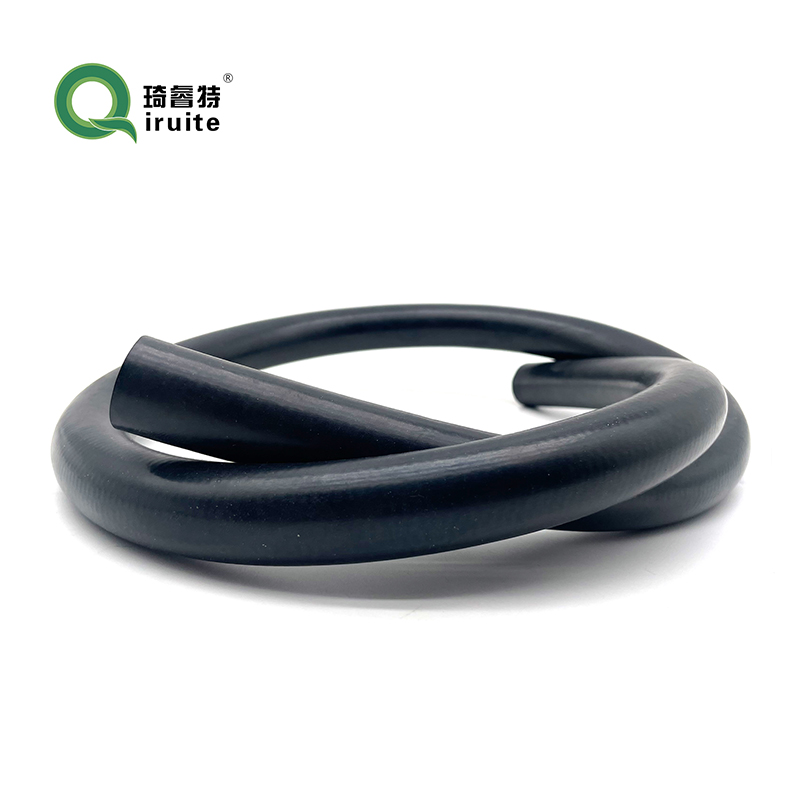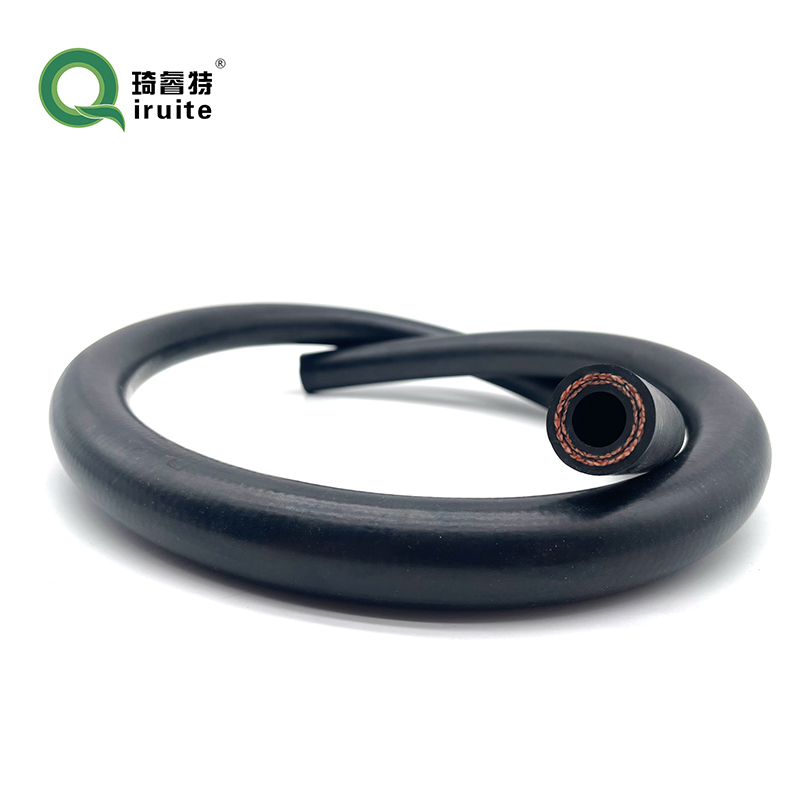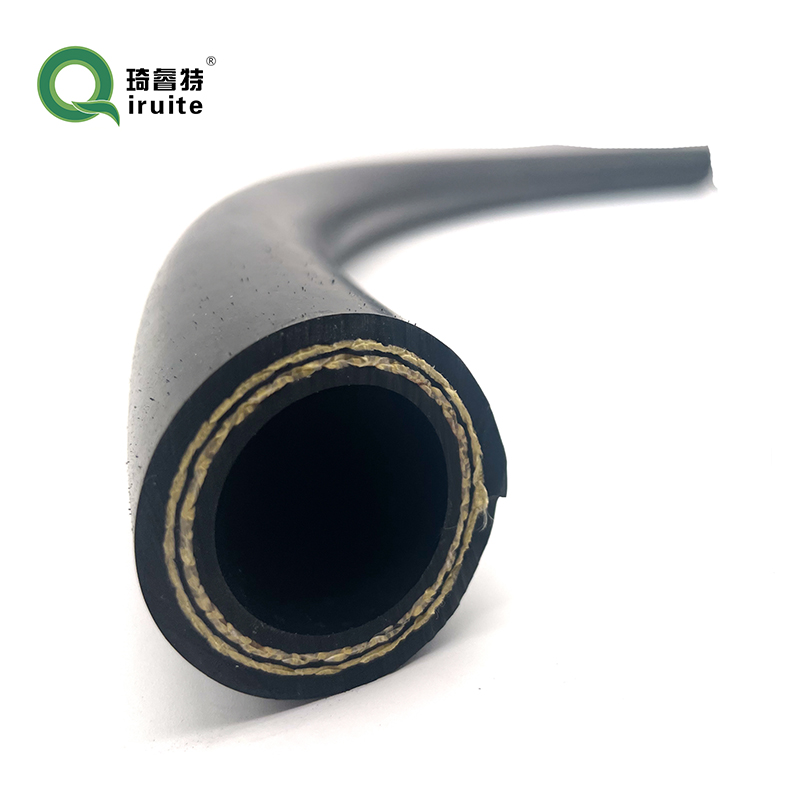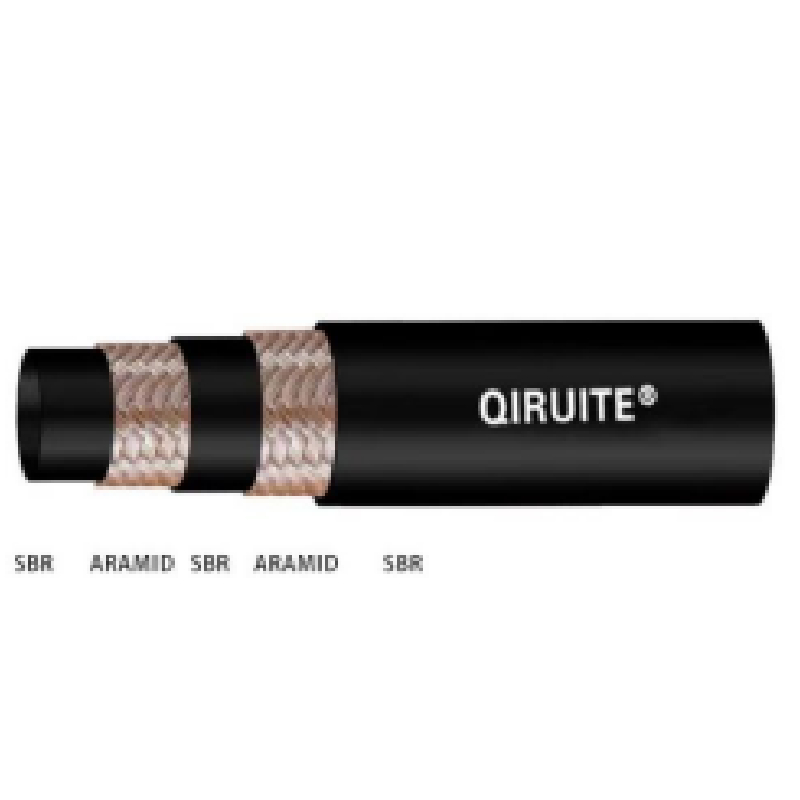Sewer Jet Hose - High-PSI, Kink-Free, Abrasion-Resistant
Sewer Jet Hose—field notes from the drain-cleaning front line
When you spend enough time around municipal yards and drain trucks (I do, admittedly too often), you realize a simple truth: the hose makes or breaks the day. The model coming out of Ningjin County, Hebei Province has been quietly winning over crews—good flexibility in winter, respectable abrasion resistance, and it doesn’t kink like some imports I’ve tested. To be honest, that’s rare at this price tier.

Industry trends I’m seeing
- Higher pressures in lighter thermoplastic builds (less operator fatigue; safer handling around rooftops and basements).
- Push for EN 1829-compliant assemblies and traceable QC data—municipal bids increasingly ask for it.
- Reel-friendly low-temperature covers to avoid “memory coil” in sub-zero starts; crews hate fighting the hose at 6 a.m.
What’s inside the Sewer Jet Hose (construction)
Typical build is a thermoplastic elastomer tube (TPEE or similar) for water/chemical compatibility, high-tensile polyester braid reinforcement, and a tough polyurethane or synthetic rubber cover for abrasion, oil mist, and drag resistance. The Ningjin line leans toward a slick PU cover—great on concrete and inside cast iron laterals.
| Spec | Typical Value (≈; real-world use may vary) |
|---|---|
| Inner tube | Thermoplastic elastomer (TPEE) |
| Reinforcement | High-tensile polyester braid (1–2 layers) |
| Cover | Abrasion-resistant PU; oil and UV resistant |
| Working pressure | 200–350 bar (2900–5100 psi) depending on size |
| Burst pressure | ≥ 4× WP (per EN 1829-2) |
| Temperature range | -40°C to +60°C (hot-water ratings vary by build) |
| Min. bend radius | ≈ 80–140 mm at 20°C (size dependent) |

Where it shines (applications)
- Residential and municipal drain cleaning: 50–300 mm pipes, roots, grease, scale.
- Heavy-duty water jetting: culverts, storm lines, industrial effluent lines.
- Cold-climate work: crews report good flexibility at dawn in winter—surprisingly pliable.
Advantages called out by users: steady flow with minimal pressure drop, abrasion longevity on rough liners, and better recoil control on reels. I guess the balanced braid helps here.
Production and QC (how it’s built and tested)
- Materials: selected TPEE inner; polyester yarn; PU cover compound tuned for drag/abrasion.
- Methods: continuous extrusion; precision braiding for concentricity; cover extrusion; calibrated cooling.
- Testing: hydrostatic proof at 2× WP; burst verification; low-temp flex (-40°C); abrasion per ISO 6945; impulse cycles per ISO 6803; 100% visual and length marking.
- Service life: contractors report 12–24 months under daily municipal duty; obviously, nozzle choice and operators matter.
- Industries: municipal water, plumbing contractors, facilities maintenance, petrochem cleanup (cold water), food plants (non-oil lines).

Vendor snapshot: who’s who
| Vendor | Certs | WP Range | Customization | Lead Time |
|---|---|---|---|---|
| Ningjin (Hebei) Producer | ISO 9001; EN 1829-2 compliant testing | 200–350 bar | Colors, logos, lengths, M22/NPT/BSP ends | 10–25 days |
| EU Brand A | ISO 9001/14001; WJTA alignment | 200–500 bar | Broad SKU; premium pricing | Stock or 2–3 weeks |
| US Brand B | WJTA; factory test certificates | 240–420 bar | Ends/nozzles bundled | 1–2 weeks |
Customization and fittings
Options include 1/8", 1/4", 3/8" IDs; lengths 15–120 m; color-coded covers; end fittings M22, 1/4" NPT/BSP, quick-couplers; nozzle whips; skids. Factory can brand-print reels for contractors—nice marketing touch.
Real-world cases
- City crew, Midwest US: 3/8" x 60 m Sewer Jet Hose with rotating nozzle cleared a 250 mm clay main stuffed with roots. Reported 18% less reel friction vs their old rubber line; no outer-cover gouges after a month.
- Food plant: 1/4" line on portable cart for floor drains. Operator liked “no coil memory” after -15°C overnight—startup was smooth, surprisingly.

Safety and documentation
Look for pressure test certificates, batch traceability, and assembly labels showing WP, temp range, and standards. Follow WJTA nozzle stand-off guidance and PPE—face shield, gloves, chaps—especially above 200 bar.
Citations
- EN 1829-2: High-pressure water jet machines—Safety requirements—Hoses, hose lines and connectors.
- WJTA Recommended Practices for the Use of High-Pressure Waterjetting Equipment, latest edition.
- ISO 6945: Rubber and plastics hoses—Determination of abrasion resistance of the outer cover.
- ISO 6803: Rubber or plastics hoses and hose assemblies—Hydraulic pressure impulse test.
-
Quick Release Ball Joint – Tool-Free, Durable, Leak-TightNewsNov.13,2025
-
Spiral Guard Hose Protection — Durable, UV-Resistant WrapNewsNov.13,2025
-
SAE J1401 Brake Hose Specifications: Durable, Low ExpansionNewsNov.13,2025
-
SAE J1401 Brake Hose Specifications | DOT-Approved, DurableNewsNov.13,2025
-
Spiral Guard Hose Protection - Abrasion-Resistant, UV-StableNewsNov.10,2025
-
SAE J1401 Brake Hose Specifications | DOT-Certified, DurableNewsNov.10,2025

